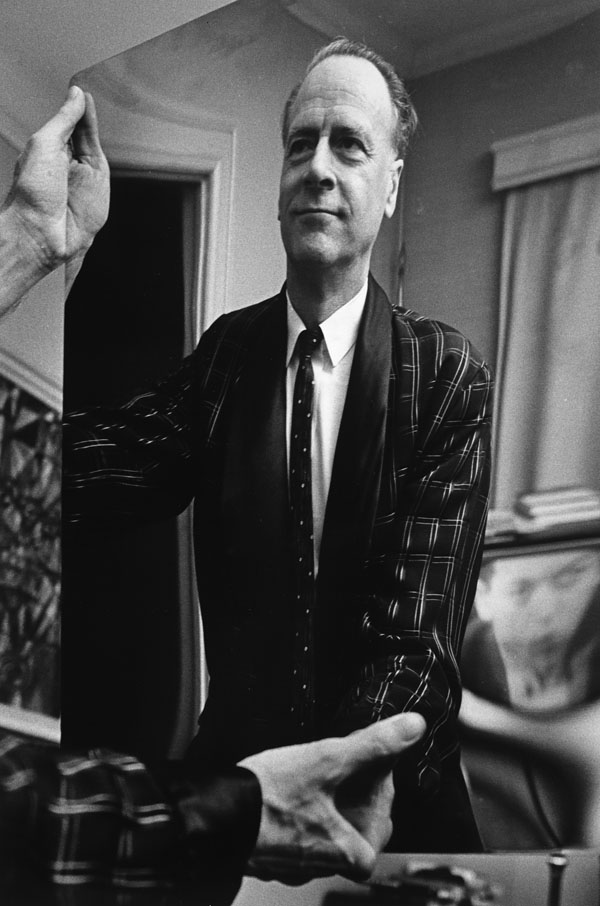From Lewis Lapham’s TomDispatch post about publishing and technology, a passage about Marshall McLuhan’s idea that what we create ends up creating us:
“Why then does it come to pass that the more data we collect — from Google, YouTube, and Facebook — the less likely we are to know what it means?
The conundrum is in line with the late Marshall McLuhan’s noticing 50 years ago the presence of ‘an acoustic world,’ one with ‘no continuity, no homogeneity, no connections, no stasis,’ a new ‘information environment of which humanity has no experience whatever.’ He published Understanding Media in 1964, proceeding from the premise that ‘we become what we behold,’ that ‘we shape our tools, and thereafter our tools shape us.’
Media were to be understood as ‘make-happen agents’ rather than as ‘make-aware agents,’ not as art or philosophy but as systems comparable to roads and waterfalls and sewers. Content follows form; new means of communication give rise to new structures of feeling and thought.”
Tags: Lewis Lapham, Marshall McLuhan

